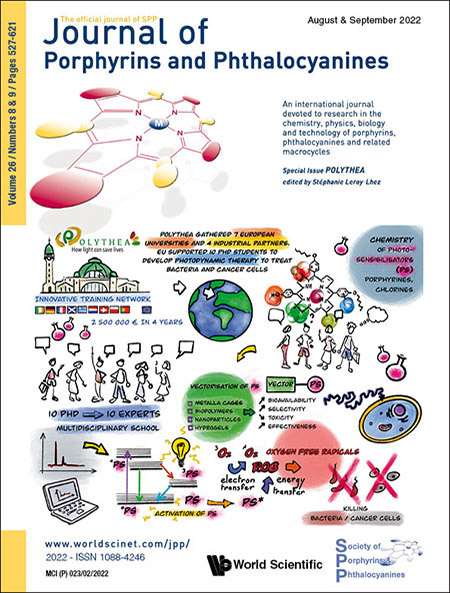POLYTHEA – The opportunities and challenges of doctoral training networks
Abstract
Photodynamic therapy (PDT) is a multi-component therapy which relies on the delivery of a photosensitizer drug and light in the presence of oxygen to mediate a therapeutic anti-cancer or anti-microbial effect. As a multi-component therapy, a multidisciplinary research approach is required to achieve success with the application of PDT. The POLYTHEA network, a project funded under the Marie Skołodowska-Curie Actions (MSCA) of Horizon 2020 (H2020) program, provided an opportunity to build a collaboration of laboratories across Europe with the necessary expertise required for the different facets of PDT. In the process, ten early-stage researchers (ESRs) were trained with the aim of achieving European Joint Doctorate degrees. The project managed to fulfill goals of collaborative research, transferable skills training, and public outreach, despite the occurrence of the Covid-19 pandemic. The benefits of this type of MSCA funding for the main participants, students and supervisors, are highly relevant to their career but are not free from challenges. With the POLYTHEA project soon ending, a reflection of the most positive and negative aspects of the project from its inception is opportune.

POLYTHEA special issue
Handbook of Porphyrin Science now available in 46 volumes


